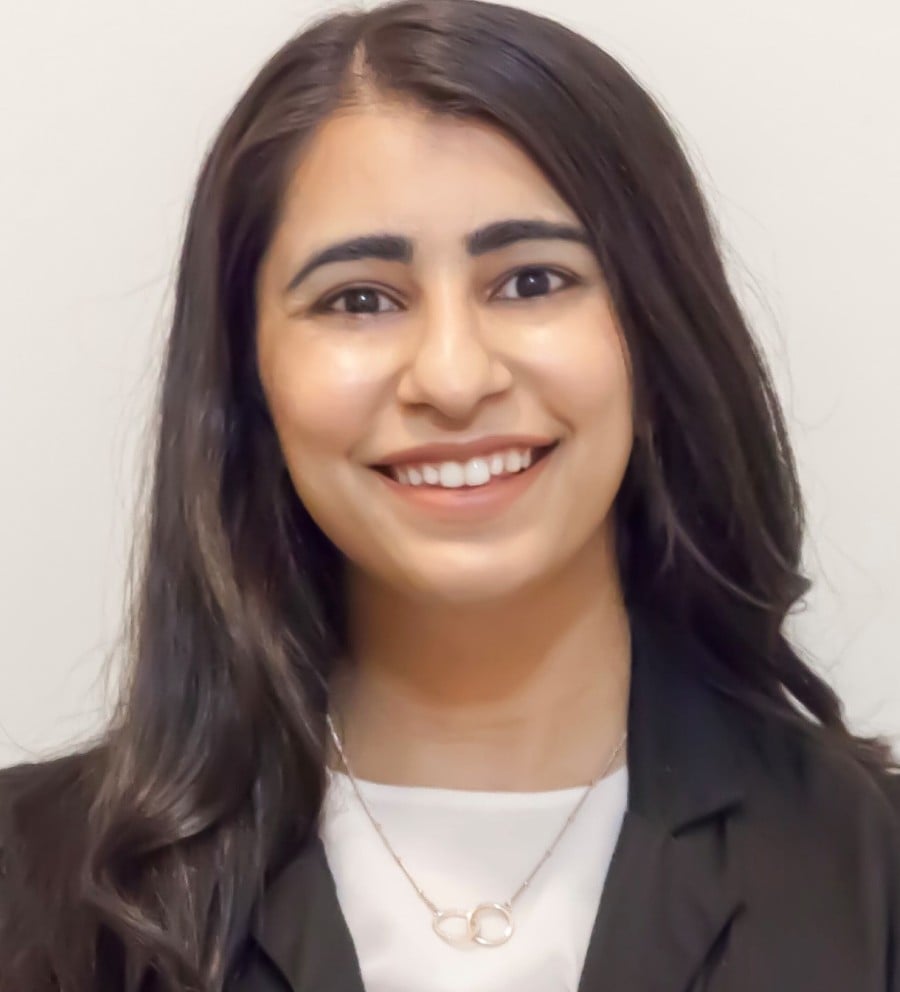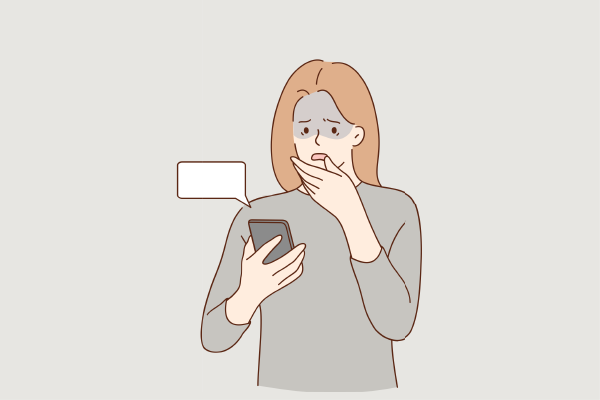Knowing how to improve your residency application after going unmatched is the key to a more successful second attempt. You probably did everything in your power to prepare for your residency applications before, but even minor errors or oversights can negatively affect your candidacy. According to the latest NRMP data, 6.2% of MD applicants go unmatched. We are here to share with you our top tips for improving your residency application after going unmatched.
>>Want us to help you get accepted? Schedule a free initial consultation here <<
What to Do if You Went Unmatched: Do You Have Time to SOAP?
Before you begin your plan for reapplication, consider your options after going unmatched. The most important one to keep in mind is the Supplemental Offer and Acceptance Program (SOAP) offered by the National Residency Matching Program (NRMP), which provides opportunities for eligible unmatched applicants to apply for positions that were not filled during the main match. All residency applicants typically receive an email notifying them of the SOAP option Friday before the Match week.
While SOAP can be your Hail Mary for the current application season, keep in mind that you might need to make some hard choices if you choose to enter SOAP. For example, you might have to pursue a different specialty from the one you initially applied for.
If you choose not to enter SOAP and reapply to your chosen programs and specialties again next year, we are here for you.
What to Do if You Went Unmatched: Reasons for Not Matching Residency
You worked very hard to put your application together, writing the residency personal statement, gathering stellar ERAS recommendation letters, and shining in your rotations and electives. However, it is clear that something was missing, as you were not chosen. It can be daunting to attempt to narrow down exactly what went wrong. To start, ask yourself the following questions:
1. How Many Residency Programs Did You Apply to?
You may have applied to too few or the ones you applied to were the most competitive residencies and you didn’t hedge your bets. Knowing how many residency programs to apply to is important.
“If you are a strong applicant applying to a less competitive specialty, you can apply to fewer programs, likely 30-40. As your specialty gets more competitive, the number of programs you apply to should steadily increase. For hyper-competitive programs such as ophthalmology, I heard of applicants applying to all available programs.” – Dr. Monica Taneja, MD, Harvard South Shore, Psychiatry
2. Did You Apply to the Right Specialty?
How to choose a medical specialty is a question every medical school student asks themselves. It is important to reflect on your strengths and weaknesses, experience a variety of specialties, and be true to your interests when it comes to this choice.
“Demonstrating preparedness for your specialty is key to convincing the application committee and ultimately securing your top residency program. To do so, you want to highlight specific personal experiences where you have demonstrated key skills required for your specialty. For instance, collaboration, communication, and independent problem solving are essential to the job of a radiologist. I made sure to give specific (and ideally different) examples to demonstrate how I have developed each of these skills throughout medical school.” - Dr. Neel Mistry, MD
Reconsidering your medical specialty? Check out this infographic to help you decide what's best for you:
3. Did You Proofread Your Application Components?
You might have read through your personal statement and residency CV a couple of times, but you need to make sure that they are flawless. Any typos, errors, inconsistencies will be a reason to chuck your application out.
Before you continue with reapplication, make sure to use our Residency Match Calculator to see how competitive you are for your chosen programs!
Step-by-Step Guide to Improving Your Residency Application
After careful analysis of your application, it’s time to take action. The year you take between going unmatched and reapplying must be focused on improving your application and making yourself the best and most irresistible candidate for your chosen residency programs.
Would you like to see a summary of some key points in this blog? Take a look at this infographic:
Step 1: Rebuild Your Application
Let’s take a look at the steps you can take to rebuild a strong application:
Your residency personal statement must absolutely wow the program directors. As a reapplicant, it would be unwise to resubmit the personal statement you applied with the year before; but you mustn’t ignore the fact that you’re a reapplicant, either. As an example, let’s review the intro to a reapplicant’s personal statement:
“Here I am, yet again. Last year I also applied for a position as an anesthesiology resident. Unfortunately, I was not selected. However, despite setbacks and rejection, I return, with additional knowledge, growth, and research, but the same diligence and perseverance.”- Chelsea Schwartz, DO, Northeast Regional Medical Center
The writer clearly acknowledges her setback but demonstrates dedication and the strength of her conviction to pursue anesthesiology as her medical specialty. This kind of opening leads us to wonder why this dedication is so strong, inviting us to read the statement to the end.
Step 2: Gain More Clinical Work in Your Specialty
Clinical work should be the focus of your gap year. It's particularly important to work in the specialty you want to pursue. If you are second guessing your #1 specialty, program directors may have doubts, too. Think of this as an opportunity to confirm (or alter) what you desire for your future:
“Clinical experience can validate that you are on the right path.” – Dr. Monica Taneja, MD, Harvard South Shore, Psychiatry
For international medical graduates (IMGs), gaining clinical experience in the US or Canada is critical for matching into residency programs. If you're a medical student abroad, look into clinical externships, exchanges, or elective programs at US or Canadian medical facilities. Many schools offer programs with institutions in these countries. Graduates should consider shadowing or observership opportunities.
Want to know how long residencies are before making any decisions? Check out this infographic:
Step 3: Ace the USMLE Step 3
Your USMLE scores matter. According to the NRMP survey, USMLE Step 1 scores are the number one factor that influences directors’ decisions when it comes to selecting candidates for interviews, while USMLE Step 2 CK score is ranked as number four in the same decision-making process. As you might already know, if you passed your USMLE Step 1 and Step 2 components, you are not allowed to retake them. What you can do is ace the USMLE Step 3 exam, which would be another component to add to your application when you reapply. An improved USMLE Step 3 score could help overshadow a low Step 1 score!
Step 4: Network and Search for Opportunities
Attending conferences in your chosen specialty can be a powerful way to regain confidence, show dedication and connect with the community. These events offer insights into the latest developments and networking opportunities, potentially leading to valuable experiences such as observerships, research, and clinical work. There are many other ways to network and find your place in the community if you go unmatched:
“Look into postgraduate research programs or clinical fellowships. Many students use platforms like Twitter, LinkedIn, or connect with physician mentors to identify suitable positions. Contacting researchers or program directors directly to inquire about opportunities is also effective. Another great option is to keep an eye out for open PGY-1 positions. It's common for positions to become available after the match. For example, I have a close friend who secured a PGY-1 position in Neurosurgery four months after the initial match process.”- Dr. Cathleen Kuo, MD
Step 5: Work on Your Interview Skills
If during your last application attempt you got to the interview stage of the selection process, then most likely your ERAS or CaRMS application was of good quality. You should still take the year to bolster your profile, but you should reflect on how strong your interview skills are.
According to the latest NRMP data, your performance in the interview, specifically your interactions with faculty during the interview and visit, is the number one factor that determines the directors’ ranking of applicants. If you think that your interview performance negatively affected your standing, it’s time to seriously re-commit to your interview preparations.
Looking to improve your residency interview skills and really stand out this time around? Watch this video:
According to the NRMP survey, and some of our consultants’ experiences, directors are less concerned with how well you answer common questions like tell me about yourself, but rather focus on applicants’ interpersonal skills, their interactions with faculty, staff, and current residents.
“My strategy was usually to go into the interview with an agenda, but focus on being personable. Most of the time I knew who I was interviewing with in advance, so I would look them up and see if we had any similarities to highlight. That [first] impression tends to stick more than anything you say, so focus on being relaxed and happy.” – Dr. Monica Taneja, MD, Harvard South Shore, Psychiatry
Your ERAS interview prep or CaRMS interview prep plan must include strategies that would help you develop and improve these important skills. While this is indeed a very professional interview, you mustn’t adopt a fabricated professional persona, as you will appear nervous and inauthentic. Let your uniqueness shine!
“Stay persistent. I understand that getting unmatched can be disappointing, but it does not define your future; allow yourself time to process your emotions. Then, continue to be persistent and motivated. This is a learning opportunity.” – Dr. Cathleen Kuo, MD
FAQs
1. I did not match residency. What should I do next?
If you still want to try to match in this application cycle, you can try entering the Supplemental Offer and Acceptance Program (SOAP) to find a match with programs that could not fill all of their available positions. If this does not work for you, plan for reapplication.
2. How many applicants do not match residency?
According to the latest NRMP data, around 6.2% do not match.
3. What’s the number one factor that affects programs' ranking of candidates?
According to the latest NRMP data, applicants’ interaction with faculty during interviews and visits is the number one factor that influences the ranking order of the applicants.
4. What are the reasons for going unmatched?
There are dozens of reasons for going unmatched; from inadequate field experience, to a USMLE score that was unsatisfactory, or a mediocre interview; it happens to many applicants!
5. I do not understand why I went unmatched. What should I do?
It might be a good idea to reach out to a medical school advisor who can help you analyze your application and interview skills. They will help you point out any weaknesses and help you work on them.
6. Should I reapply to a different specialty?
In some cases, this can be an option, but ask yourself - do you have solid clinical experience in this specialty? If not, focus on gaining it during your gap year.
If you feel that you do not have enough background and support in a specialty, it might be a good idea to consider other specialties for which you are a more suitable candidate.
7. What else can I do to improve my chances of matching?
Your interview performance is the number one factor that influences programs’ rankings, so make sure to prepare for your interviews well and in advance.

